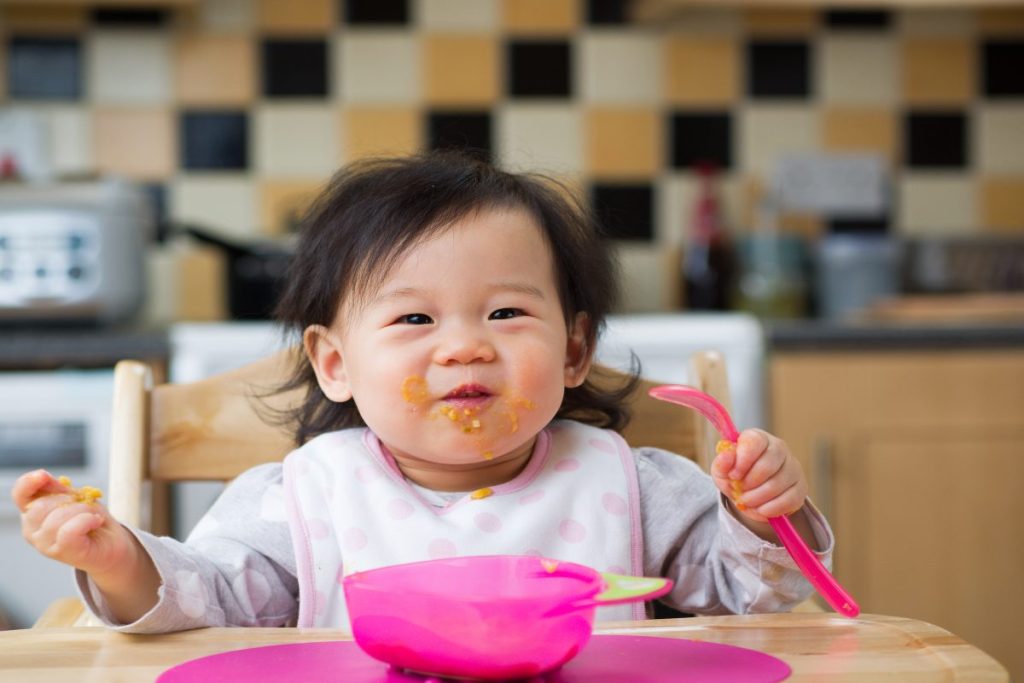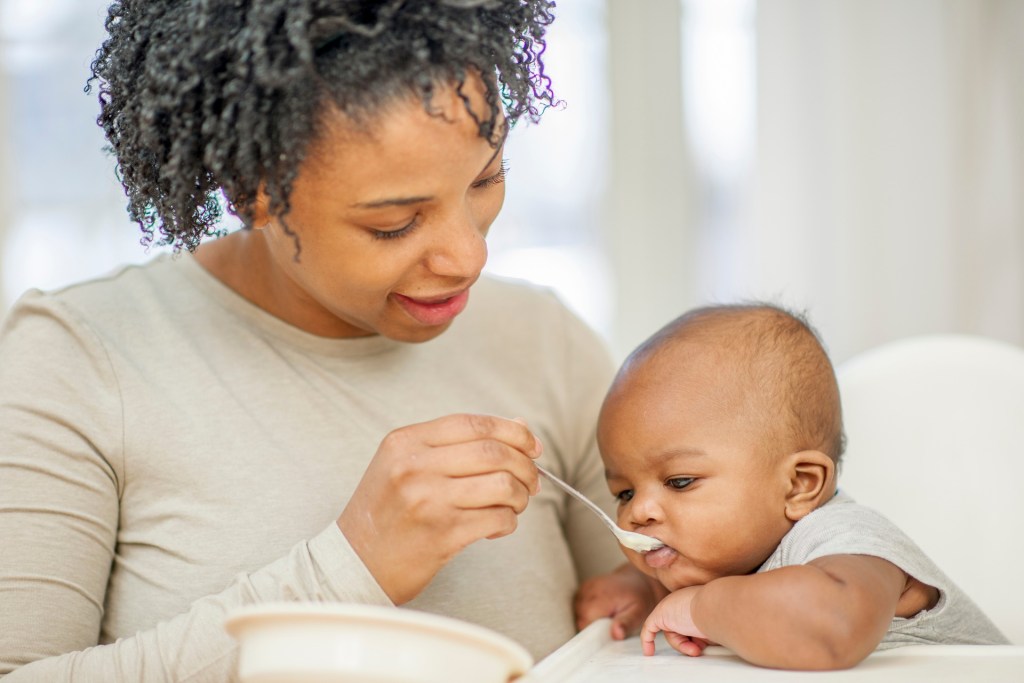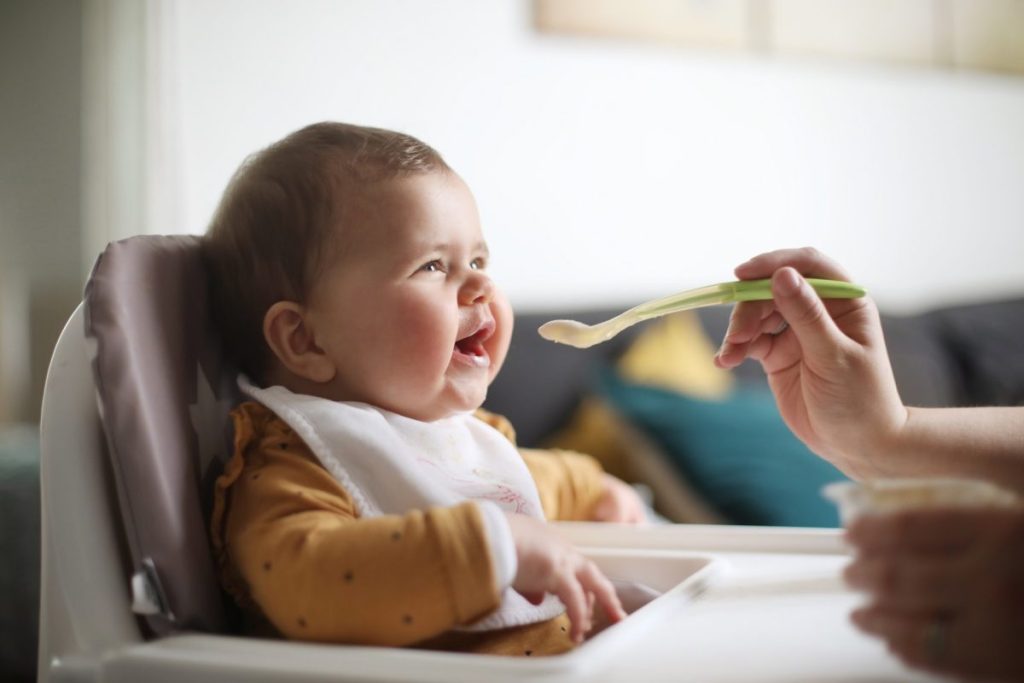Introducing your baby to solid food is an exciting milestone in their development. And while you want to make sure they’re loving all these new foods you’re introducing, it’s important to ensure they’re also getting all the essential nutrients they need to grow up big and strong. One of the most important nutrients for a developing baby is protein. Even though your baby may not be hitting the gym yet, baby food high is important for their growth and development. Here we list four of the best high-protein baby foods for your little one’s meal plan.

Beans and lentils
Even though beans and lentils are known for their gas-producing abilities, they are a perfect source of protein. When it comes to giving your baby beans and lentils, pureeing is the way to go. You can find bean and lentil baby foods in your local store, but if you’d rather skip the store, you can make your own. To make bean or lentil puree, simply add rinsed, sodium-free, cooked beans or lentils into a blender or food processor with some water. Blend it until it is a good texture. If you have a picky eater on your hands, you can also add some fruit or vegetable puree to add a little more sweetness to the mixture.
The protein and nutritional values differ between bean types, so you can check out different kinds to find the bean that offers the most protein.

Poultry
White meat like turkey or chicken can be a protein-packed power food for your child. You can make turkey or chicken meatballs or bite-sized snacks for your child to enjoy. Rotisserie chicken is another great option because you can easily shred it to make it easier for your child to eat. Poultry is a good option for a baby who is a more mature eater. It is important to ensure that the chicken or turkey you feed them is always tender and easy to chew. It can be beneficial to buy ground turkey or chicken for cooking in a pan. This way, the pieces are small and easy to manage.

Tofu
Although many non-vegan and non-vegetarian adults cringe at the idea of tofu, it actually has a lot of great benefits. Tofu has little to no flavor, so it is easy to manipulate it and make it taste how you want. Beyond that, it is packed with protein.
You can get really creative with tofu, making it a great option for any parent with a picky eater on their hands. Tofu can be mashed down with honey or other natural sweeteners to create a deliciously sweet dessert. You can also crisp up some small, bite-sized pieces in a pan for a crunchy snack.

Yogurt
Yogurt is like a cooler, sweeter, and tastier version of jarred baby food and offers a lot of great nutritional benefits. Yogurt is designed for babies. It is soft, easy to swallow, and tastes delicious. Additionally, yogurt has many critical nutrients, including protein, calcium, vitamin B12, and carbs, that play an important role in a child’s development.
When feeding your child yogurt, it may be best to buy plain yogurt and add your own natural sweetener like honey. This way, you know what is in your child’s food and how much sugar they are ingesting.

Why protein is so important for your baby
Protein is the building block of cells in the body. It helps with the creation of new cells while maintaining existing cells.
It is especially important for children in crucial development stages to get enough protein. Protein helps children develop their muscles, enzymes, skin, hormones, and other crucial parts of the body. Luckily, there are many delicious foods to ensure your baby is getting all the protein they need.
Getting your baby started with protein-packed foods is a great way to ensure they will grow and develop into healthy individuals. Babies are in a critical stage of development and nutrients can impact them significantly. There are a lot of delicious and nutritious options for you to choose from. So, no matter how fussy or picky your little one is, you can find the perfect protein source they will love.


